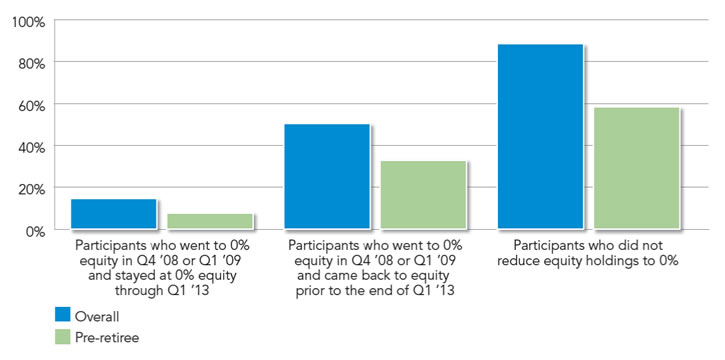The NIFTY ended up 3.08% for the week, bouncing back up from the ~2.5% loss last week. The energy index was up more than 6% on the back of gas price hike.
Index Performance

Top Winners and Losers (CNX 100)
ETFs
| GOLDBEES | -6.01% |
| JUNIORBEES | -0.67% |
| BANKBEES | +0.13% |
| INFRABEES | +0.59% |
| PSUBNKBEES | +0.76% |
| NIFTYBEES | +3.26% |
Advancers Decliners (CNX 100)

Yield Curve

Sector Performance
Gold retailers and miners got creamed.

Thought for the weekend
I take it for granted, that those eat now who never ate before; And those who always ate, now eat the more. – Thomas de Quincey, Confessions of an English Opium-Eater














